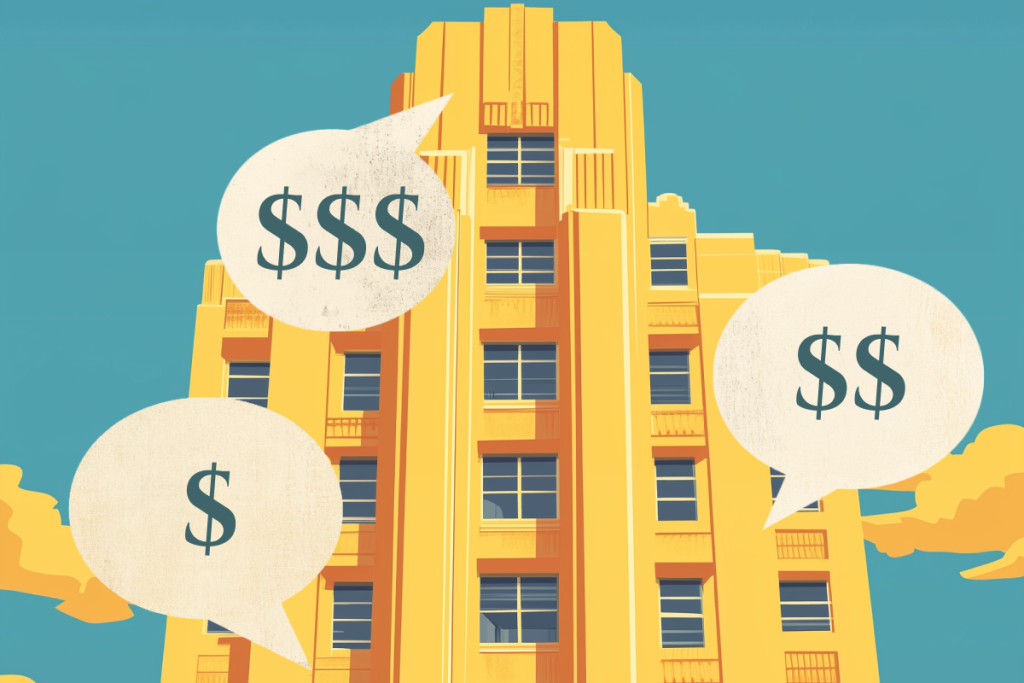Summarize this content to 2000 words in 6 paragraphs
For years, hotels have treated their digital storefronts with all the imagination of a Soviet-era grocery. Guests faced dreary drop-down menus that reduced the art of hospitality to generic choices like “Economy Standard” and “1 Queen Bed Suite.”
Sensing a missed opportunity, hotels are embarking on their most ambitious technological change in decades to transform the booking process.
That fourth-floor corner room with the city view you’ve been eyeing? Go ahead and pick it from a 3-D map. For travelers, the benefit will be getting exactly what they want. But for hotel chains, it’s about monetizing every nook and cranny of their real estate by selling specific features previously bundled into room rates.
Selling Early Check-In
Exhibit A: Wyndham Hotels & Resorts, which, since 2018, has invested about $275 million to usher its over 9,000 franchises into an era of cloud computing and predictive analytics.
The investment is modestly paying off. In 2024, over 4,000 hotels have begun offering pre-arrival beverage services and early check-in fees. About 40% of these properties saw an average lift of $1,500 per month per property.
“We’re allowing small business owners in the select-service segment to do what’s never been done,” said Geoff Ballotti, president and CEO of Wyndham, at the Skift Global Forum in September. “This technology investment is allowing small business owners to realize thousands and thousands of dollars of extra revenue, such as creating the experience of having beverages and food waiting for guests on arrival.”
In July, Wyndham began enabling franchisees to connect with guests by sending SMS-based text messages before arrival to offer early check-in for a fee. (The capabilities are possible thanks to an integration with Oracle’s Nor1 tech.)
Housekeeping operations used to be run manually with clipboards and walkie-talkies. But once systems were digitized, hoteliers could know which rooms would be ready by a certain time, enabling them to confidently sell an early check-in as an extra.
Becoming ‘Travel Retailers’
IHG, which runs brands including Holiday Inn and InterContinental, completed the first phase of a multi-year tech overhaul. Over 6,000 of its hotels now can upsell rooms based on room size and views. They can also sell extras such as food and beverage credits, lounge access, additional in-room welcome amenities, and parking.
IHG reports that one out of four guests now encounters upsell offers during their booking journeys, generating an extra $20 per night for budget brands — and double that for luxury properties.
Marriott’s vision is at least as bold as the hotel giant overhauls three of its major tech systems.
“We want to be a travel retailer,” said Drew Pinto, executive vice president and chief revenue and technology officer at Marriott, at the Skift Data + AI Summit in June.
“We sell a lot of things that go along with the room or part of a travel experience that isn’t necessarily the room,” Pinto said. “We also have experiences, restaurants, bars, golf, spa, yachts, homes and villas, you name it.”
Digital Hotel Revolutions
Becoming a travel retailer means unbundling the package of what one gets when booking a hotel room. A hotel might charge different rates depending on whether a room is at the end of the hall or by the elevators, for example.
The industry’s digital cartographers are busy mapping every room’s proximity to elevators, photographing every view, cataloging every spa treatment, and quantifying previously intangible services like the provision of fresh flowers. Every attribute could become a revenue generator, waiting to be optimally priced.
Unleashing Creativity
Once the system is in place, hotels could get more creative. They could set aside a room tricked out with posters of tennis stars when a major tournament is in town, making it a premium attribute in a massive database. Rental equipment for practicing yoga? See photos of the gear, which is available for pre-order.
Hoteliers are also developing “dynamic” pricing systems to adjust rates for these unbundled features based on demand shifts.
Hotels must balance the desire to maximize revenue against the risk of overwhelming customers with too many choices. They’re turning to artificial intelligence to help solve this problem. Someday, AI might suggest personalized upgrades with the prescience of a well-trained butler.
Hotels may eventually replace drop-down widgets on sites and apps with more tailored offerings. Guests might choose rooms from a map, a photo gallery, or a 3D model of a hotel. They might add amenities a la carte. As they add or subtract services, their total price may change. Shopping may feel like having a back-and-forth chat with an automated agent.
What’s Next
The ultimate frontier? Hoteliers may eventually realize their dream of knowing what their guests want to buy before they do. AI may suggest personalized upgrades based on a guest’s travel history. AI might analyze guest patterns and predict which add-ons to pitch at the right moment — pre-arrival or during the stay.
That may be years away.
But hoteliers are motivated to work to achieve this. For them, travel retailing serves a dual purpose. Beyond the obvious revenue enhancement, hoteliers hope to wean guests off online travel agencies like Expedia and Booking.com because of the commissions.
The bet is that sufficiently sophisticated personalization on their branded sites and apps will make online travel agencies seem less appealing in comparison. Hilton, for instance, already only lets guests pick their rooms and book guaranteed connected rooms for those who book directly.


